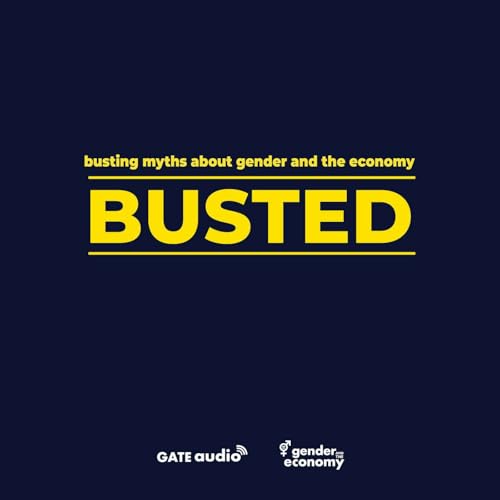
Myth: Philanthropy belongs to rich, white men
No se pudo agregar al carrito
Add to Cart failed.
Error al Agregar a Lista de Deseos.
Error al eliminar de la lista de deseos.
Error al añadir a tu biblioteca
Error al seguir el podcast
Error al dejar de seguir el podcast
-
Narrado por:
-
De:
When most people think about philanthropy, they picture rich, often white, men, writing huge cheques for whatever cause they decide to get behind. And billionaire philanthropy has faced growing criticism: is it really philanthropy, or is it just a sneaky way for the wealthy to avoid taxes and reinforce inequality? But this perspective leaves out a much broader, richer history – one where women, members of racialized communities, LGBTQ+ folks, and others have long used the power of voluntary giving to contribute to the public good and drive important social change. In this episode, we speak to researchers who are challenging the dominant narrative, expanding our understanding of who gives, why they give, and how philanthropy has always belonged to more than just a select few.
Further research:
Ackerman, J., Han, X., and Osili, U. (2024) Women Give 2024. Indiana University Lilly Family School of Philanthropy. https://scholarworks.indianapolis.iu.edu/items/b1a60723-37d9-41da-9556-4505270d9c8f
Dale, E.J., Ackerman, J., Mesch, D.J., Osili, U.O. and Garcia, S. (2017). Giving to Women and Girls: An Emerging Area of Philanthropy. https://doi.org/10.1177/0899764017744674
Rumble, T. and Numata, Y. (2023). Prioritizing restitution, Indigenous leadership, and the future with ‘restorative philanthropy’. The Philanthropist Journal. https://thephilanthropist.ca/2025/03/prioritizing-restitution-indigenous-leadership-and-the-future-with-restorative-philanthropy/
GATE’s Busted podcast is made possible by generous support from BMO.
Featured Guests:
Jacqueline Ackerman, Director, Women's Philanthropy Institute, Indiana University Indianapolis
Dr. Elizabeth J. Dale, Frey Foundation Chair for Family Philanthropy, Grand Valley State University
Produced by: Carmina Ravanera and Dr. Sonia Kang
Edited by: Ian Gormely


